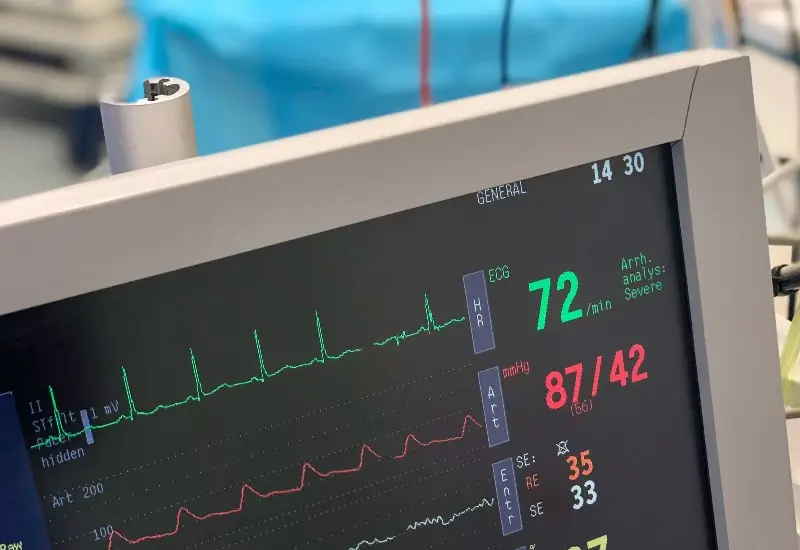
Obesity and OSA: ASA Score Modifiers with Real Risk
Obesity and OSA: ASA Score Modifiers with Real Risk The ASA Physical Status Classification system is a shorthand way to estimate a patient’s baseline physiologic reserve. The most commonly seen are ASA I (healthy patient), ASA II (well-controlled mild systemic...

The Anesthesia Shortage of 2025 & Non-Anesthesia PSA Training
The Growing Anesthesia Shortage & Non-Anesthesia PSA Training The United States is facing an anesthesia shortage in 2025 that is reshaping how health care is delivered in hospitals and outpatient clinics. As demand for procedures continues to rise and the supply...

Demystifying ASA Physical Status Classification
Demystifying ASA Physical Status Classification For decades, the ASA Physical Status Classification system has shaped how healthcare professionals evaluate patients for procedures that require sedation. Originally developed to categorize surgical patients, it is now...

Understanding Sedation Levels: A Patient’s Guide to Safe Procedures
A Patient’s Guide to Understanding Sedation Levels If you’re preparing for a medical or dental procedure, your provider may offer sedation as an option to reduce anxiety, ease discomfort, and improve the overall experience. Sedation is a common practice with a proven...

The Role of Procedural Sedation Analgesia
As more specialties move treatments from operating rooms into outpatient clinics, the demand for safe and effective sedation in medical procedures has grown rapidly. For dermatologists, dentists, gastroenterologists, plastic surgeons, and other non-operating room...

Top 10 Sedation Safety Tips Every Provider Should Follow
As clinical procedures move out of hospital operating rooms and into outpatient settings, sedation has become an increasingly common tool across specialties like dermatology, gastroenterology, plastic surgery, and dentistry. With this shift, administering minimal and...

Why Sedation Training Is Essential for Building Patient Trust
How Sedation Training Builds Patient Trust Patients routinely place their trust in the knowledge and skills of their healthcare providers. For non-anesthesia medical professionals, demonstrating skill and professionalism during sedation is a major component of earning...

How Sedation Certification Can Boost Your Healthcare Career
Adding sedation certification to your list of credentials is a smart move. After all, medical doctors, dentists, dermatologists, plastic surgeons, and GI specialists often perform procedures requiring more than a local anesthetic but less than general anesthesia. Yet,...

Integrating Sedation Training into Emergency ICU Practices
The intensive care unit (ICU) is one of the most demanding environments in healthcare, where fast decisions and impeccable sedation skills can literally save lives. Yet, many ICU providers have limited formal education in sedation techniques specific to emergency and...

Managing Hypertension in Sedation Patients
High blood pressure or hypertension is among the most prevalent chronic conditions affecting adults worldwide. For medical and dental professionals involved in sedation practices, managing hypertensive patients presents unique challenges. Effective blood pressure...
